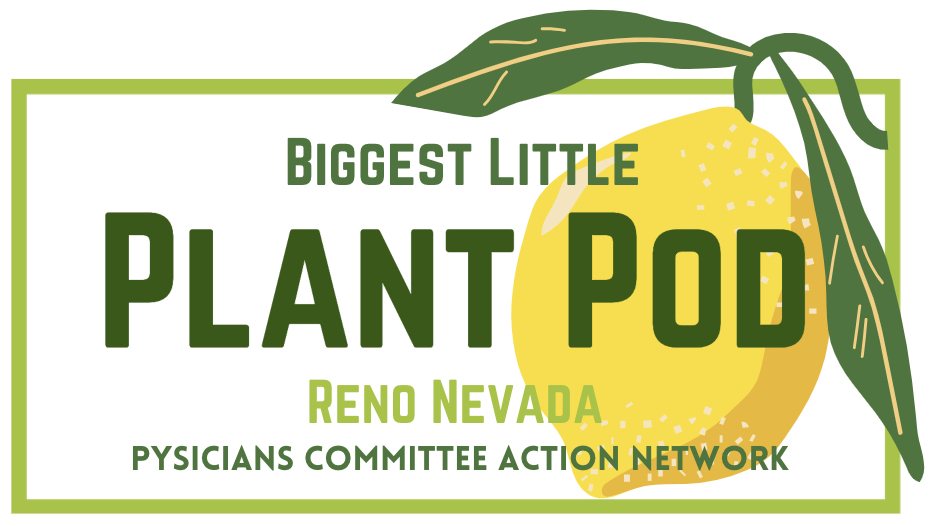A Whole Food Plant-Based Diet Supports A Happy And Healthy Body, Mind, Community, Environment & Planet!
The primary emphasis of the Whole-Food, Plant-Based diet is the avoidance of heavily-processed foods (the “whole foods” part) and centering one’s diet primarily on plant foods (the “plant-based” part) like fruits, vegetables, whole grains, and beans.
You might be wondering how to get started? Starting a new way of eating to improve your life and health is a journey. We are on that journey with you.
Are you ready? What have you got to lose?
Remember to stay positive. This is a lifestyle of vitality and quality of life, not deprivation. This plant-based diet guide for beginners should help get you going.
“One of the best motivators for people transitioning to plant-based eating comes from how great they feel and how much more than can do in their lives once they’re feeling healthier.”–Dr. Craig McDougall
There are Four main Food Groups:
WHOLE GRAINS – This group includes brown rice, millet, oats, barley, corn, bulgur, and all products made from whole grains including bread, cereals, pasta, and more. Whole grains are very filling, and contain important nutrients and protein that get removed in refined grains like white rice or white flour. In countries where whole grains are staples, such as rural Asia, diabetes, heart disease, and certain cancers, are much less common than in the United States and Europe.
LEGUMES – This group includes beans, peas, and lentils. They are hearty, high protein foods that are rich in calcium, iron, cholesterol-lowering soluble fiber, and even traces of omega 3 fatty acids.
VEGETABLES – These foods are loaded with vitamins and minerals, are very low in fat, and like all plant foods, have no cholesterol at all.
FRUIT, NUTS AND SEEDS– Fruits are an excellent source of essential vitamins and minerals, and they are high in fiber. Fruits also provide a wide range of health-boosting antioxidants, including flavonoids. Nuts and seeds provide healthy mono- and polyunsaturated plant oils as well as protein.
These GROUPS build up the bulk of what to eat. There are many ways to prepare and enjoy hearty healthy nutritious meals.
Recommended foods do NOT include meat, dairy products, eggs, added oils and sugars, or heavily processed foods.
The Beginner’s Guide to a Plant-Based Diet
Click on the green links below for more really useful information on how to get started.
A Plant-Based Primer:
Watch these very informative documentaries:
Forks Over Knives, Eating You Alive, What the Health, PlantPure Nation.
GOING PLANT BASED MINI COURSE
Every thing you need to know about healthy plant based eating!


